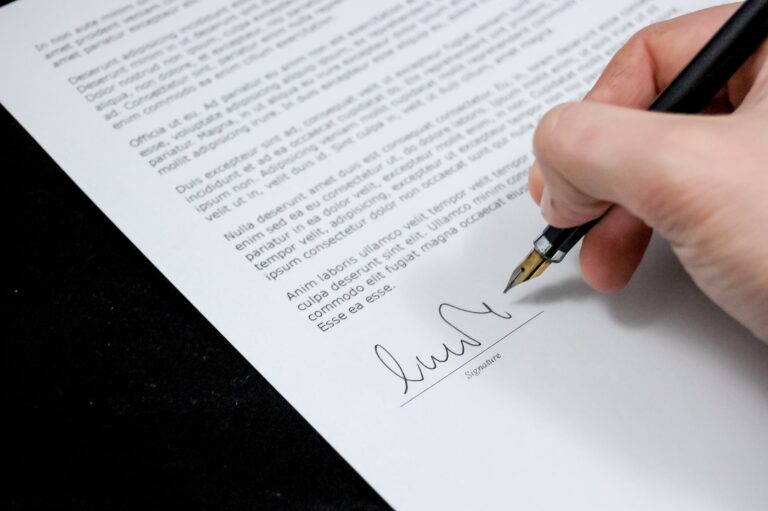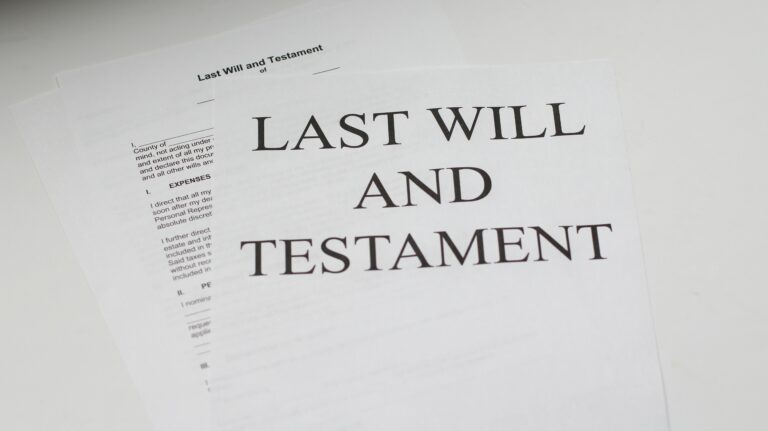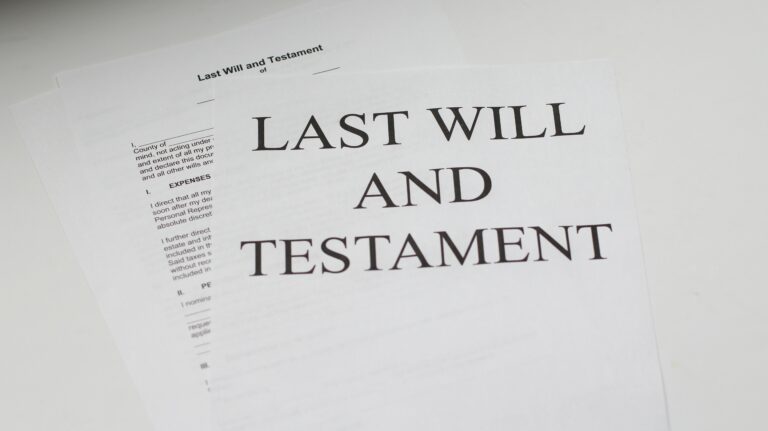
Do I Need a Pour-Over Will?
A living trust, also known as a revocable trust, is used in estate planning to transfer ownership of assets in trusts and accomplishes several things. It takes assets out of your probate estate, while permitting you to continue to control the assets. You can be the trustee while living and of sound mind, as explained in the article “What Is A Pour Over Will?” from Forbes. The trust names a backup or successor trustee who manages the trust assets if you become incapacitated or die. The living trust includes the names of your beneficiaries, which may be individuals or charitable organizations.
When you die, assets held in the living trust are transferred using the trust administration process. Assets held (owned) outside the trust must be addressed differently. This usually means going through probate.
If you have no will, your state’s intestacy laws will apply. These laws would distribute your assets to family members based on their relationship to you—kinship. This may not be what you wanted, especially if a family member is estranged from you. However, it won’t matter, and other family members will have to live with the court’s decision.
However, you can use a pour-over will to “pour over” any assets not in the trust at the time of your death into the trust after your passing. This ensures that the assets will be transferred through the trust administration as well.
When the living trust is established, assets must be retitled so the trust becomes the legal owner. But you might not do this with everything you own, or you may acquire assets after the trust is created and die before you can transfer them. You might simply forget some assets.
As you create a trust for the specific reason to facilitate effective management and transfer of property through the trust administration process, it makes sense to have all your property moved into that trust upon your passing.
An experienced estate planning attorney can help create the living trust and coordinate it with your will and instructions for all assets not otherwise accounted for to pass into the trust upon your death. You’ll need to work with an estate planning attorney to be sure the trust, will and other estate planning documents comply with your state’s laws.
An estate planning attorney can help you understand other options for transferring assets and provision for loved ones. The pour-over will is one of many estate planning tools available to protect your loved ones.
Reference: Forbes (Jan. 29, 2024) “What Is A Pour Over Will?”









